Aletheia Home Groups Guideline
Purpose of Home Groups
• Building Relationships: One of the main goals is to create a sense of community among participants, as large cohorts make it hard for individuals to form deep connections. Home Groups offer less structured time, fostering more personal connections and a supportive environment.
• Fostering Responsibility: Home Groups also aim to give participants more agency in their learning, encouraging them to take responsibility for their journey and for what they get out of the course.
Expectations and Benefits for Hosts
You do not need to be an expert in Aletheia Coaching or the methodology. You will receive full orientation and can always share your personal experiences, but hosting is more about creating a safe, balanced space for participants.
• Voluntary Role: Hosting is voluntary, though it provides a valuable leadership opportunity.
• Advanced Training: As a Home Group Host, you will meet with Steve March for advanced training sessions during the course, focusing on topics that will help you grow in your hosting role and beyond.
• Access to the course space on Mighty Networks: As a Home Group Host, you will gain access to Level 1 or Level 2 space on Mighty Networks, where you can access course materials and participate in live sessions.
• Networking & Professional Growth: This role offers you the opportunity to show up in a leadership position within the Alētheia community and extend your professional network.
Role of Hosts
• Hosts act as representatives of Aletheia, helping to create a safe space where everyone feels comfortable sharing and connecting.
• Hosts must have their own Zoom account as they are responsible for launching the Zoom room.
• Hosts will facilitate the meetings, ensuring everyone has an equal chance to participate so that the conversation stays balanced and focused. They should guide the group and allow the structure to evolve naturally over time.
Meetings Structure
• Time Commitment: Level 1 Home Groups will meet five times, each lasting two hours, and Level 2 Home Groups will meet six times, also lasting two hours. The Home Group meetings will always occur on the same day of the week and at the same time throughout the course. The flexibility comes from selecting the specific dates within the proposed date range.
Hosts are responsible for creating and maintaining the meeting schedule.
• Format of Meetings:
The first part of each meeting will have a brief opening meditation (we will provide a script if needed).
Each participant will have 10 minutes to lead the group. During this time, they can share something personal, request support, or bring up topics for discussion.
The hosts should ensure everyone gets an equal opportunity to speak and contribute.
Open discussion or additional questions may follow, especially if a topic is particularly engaging.
Scheduling Logistics
• Hosts will be assigned to a group with a time slot (AM or PM) that fits their schedule.
Practical Details
• Hosting Day and Time: Home Groups will be consistent in the day of the week and time slot across all meetings, but hosts will determine the specific dates within the proposed time frames for each session.
• Home Groups are stable throughout the course: Participants will stay in the same group for all meetings rather than switching between groups or rotating members. This structure aims to foster stronger relationships and a sense of continuity and community.
• Affirmative Coaching: While hosts can ask clarifying questions and help participants unpack their struggles, they should avoid doing deep coaching or offering extended sessions outside the group setting.
Acknowledging Challenges
• Diversity of Participants: The online format and large cohort sizes present challenges in creating a connected community. Some participants might feel discomfort or disconnection, but the goal is to push through this discomfort and build relationships despite differences.
• Community Safety and Courage: Emphasis is placed on creating a “safe enough” and “brave enough” space where participants can share and engage even when they feel vulnerable.
Future Developments
• Learning from the Experiment: The Home Groups are an experiment, and feedback will be collected to continuously refine the process and adapt it to meet participants’ needs better.

